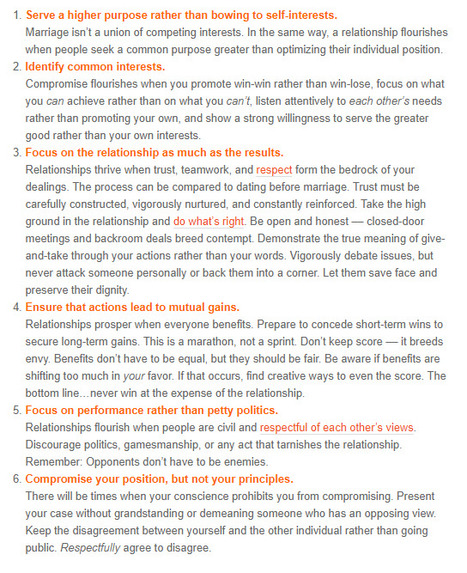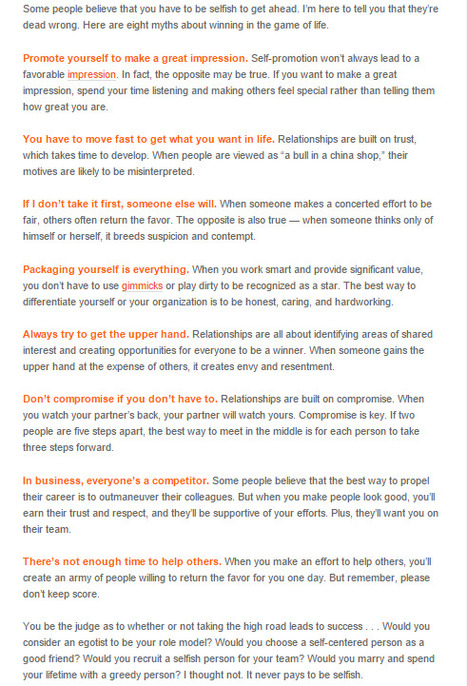Kids do crazy things, but we expect more from grown-ups, don’t we? Unfortunately, that’s not always the case. Folks scream obscenities at ballgames, bully people on social media, and treat others with total disrespect. If you think this behavior is rude, insensitive, and tasteless, you’re right. But why is it so prevalent? The truth is, some people behave this way for personal gain; some folks don’t know better; and others know they’ll get away with it — because they have in the past. Some grown-ups never grow up.
While some indiscretions were once considered outlandish, we’ve become desensitized to these actions. It’s troubling that some of this behavior could have been avoided, but too many of us didn’t speak up. Instead, we closed our eyes to the poor behavior and waited for others to make the first move. The consequence is that wrongs committed by enough people become the norm over time. We have no one to blame except ourselves.
As leaders, role models, and parents, we must utilize every opportunity to reinforce the values that we hold dear.
What Values Do You Cherish?
Are polite manners a thing of the past? Should people honor their word? Is it Pollyanna to expect people to do what’s right? I think not! But if we don’t promote good values, don’t be surprised when bad ones become the norm. “How do we improve the situation?” you ask.
First, we must modify our criterion of excellence. It’s not what you have but who you are that counts. Moral character matters!
Learn more / En savoir plus / Mehr erfahren:
https://www.scoop.it/t/21st-century-learning-and-teaching/?&tag=Frank+SONNENBERG
http://www.scoop.it/t/21st-century-learning-and-teaching/?&tag=Character
http://www.scoop.it/t/21st-century-learning-and-teaching/?q=ethics
https://www.scoop.it/t/21st-century-learning-and-teaching/?tag=Values
http://www.scoop.it/t/21st-century-learning-and-teaching/?tag=Growth+Mindset



 Your new post is loading...
Your new post is loading...


















Kids do crazy things, but we expect more from grown-ups, don’t we? Unfortunately, that’s not always the case. Folks scream obscenities at ballgames, bully people on social media, and treat others with total disrespect. If you think this behavior is rude, insensitive, and tasteless, you’re right. But why is it so prevalent? The truth is, some people behave this way for personal gain; some folks don’t know better; and others know they’ll get away with it — because they have in the past. Some grown-ups never grow up.
While some indiscretions were once considered outlandish, we’ve become desensitized to these actions. It’s troubling that some of this behavior could have been avoided, but too many of us didn’t speak up. Instead, we closed our eyes to the poor behavior and waited for others to make the first move. The consequence is that wrongs committed by enough people become the norm over time. We have no one to blame except ourselves.
As leaders, role models, and parents, we must utilize every opportunity to reinforce the values that we hold dear.
What Values Do You Cherish?
Are polite manners a thing of the past? Should people honor their word? Is it Pollyanna to expect people to do what’s right? I think not! But if we don’t promote good values, don’t be surprised when bad ones become the norm. “How do we improve the situation?” you ask.
First, we must modify our criterion of excellence. It’s not what you have but who you are that counts. Moral character matters!
Learn more / En savoir plus / Mehr erfahren:
https://www.scoop.it/t/21st-century-learning-and-teaching/?&tag=Frank+SONNENBERG
http://www.scoop.it/t/21st-century-learning-and-teaching/?&tag=Character
http://www.scoop.it/t/21st-century-learning-and-teaching/?q=ethics
https://www.scoop.it/t/21st-century-learning-and-teaching/?tag=Values
http://www.scoop.it/t/21st-century-learning-and-teaching/?tag=Growth+Mindset